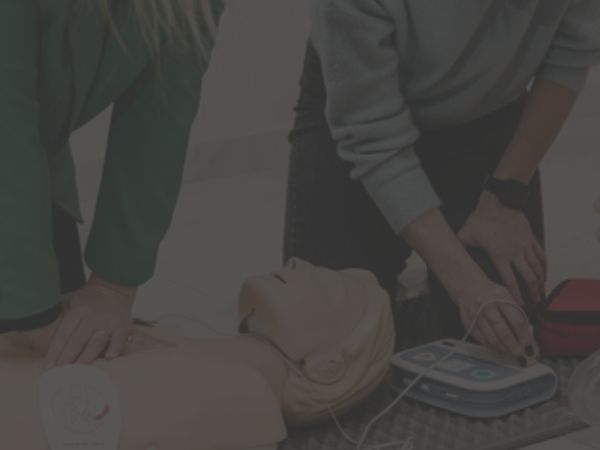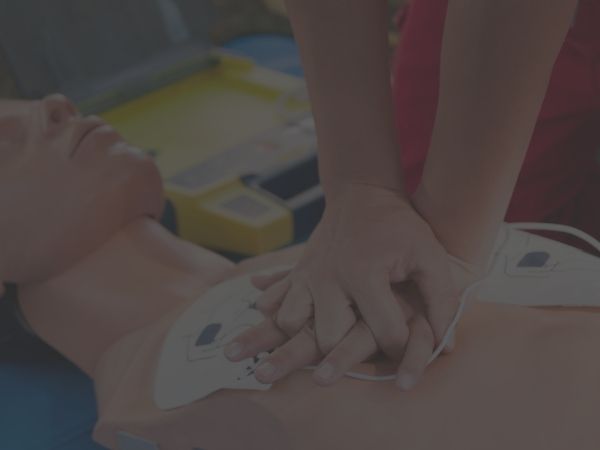Your cart is currently empty!
A Good Understanding of CPR Saves More Lives
IF YOU COULD SAVE A LIFE, WOULD YOU? The answer is simple: of course! Most Americans are unaware of their ability to save lives, when in fact, anyone can learn cardiopulmonary resuscitation (CPR) in less time than you think, without even stepping a foot outside their homes. The International Liaison Committee on Resuscitation (ILCOR) publishes and updates CPR guidelines every 5 years to ensure our training prepares us to save lives. The research conducted by the ILCOR teaches us how to perform the best chest compressions and rescue breaths. We can perform these actions better if we understand how and why they work.
Right now, you are inhaling oxygen into your lungs where it is picked up into your bloodstream. The oxygen carried by your blood then travels throughout your body including the most vital organs such as your brain as well as the heart itself. If that blood flow is interrupted, your organs don’t get the oxygen they need and may be damaged. If the damage is severe enough, you may die. CPR helps keep oxygen flowing to the vital organs until more advanced help arrives. By pushing on the chest the heart is squeezed, which should force blood to circulate. The better the heart is squeezed, the better that circulation should be. Performing high-quality chest compressions during CPR should improve the chances of survival for the victim.
We would like to think that if we ever need it, our CPR will be delivered by highly trained medical professionals. The truth is, about 380,000 incidents of cardiac arrest outside of the hospital occur every year, and 88 percent occur in the home. Unfortunately, most Americans don’t know how simple CPR training can be. If more people were trained in CPR we could save more lives, and better training translates into better CPR.
In a recent study conducted by the University of California, researchers examined the correlation between knowledge of CPR and actual performance during a life-like cardiac arrest simulation. Researchers tested 200 CPR certified medical personnel. Each participant took a CPR questionnaire containing questions about compression rate, depth, and hand placement. Next, a CPR performance test in a simulated cardiac arrest analyzed the quality of chest compressions they delivered. The results concluded that those who had scored higher on the test had better hand placement and compression rates. While the study did not show that improved knowledge also improved other important factors such as depth of compression, it did show that better knowledge of ILCOR guidelines improved some characteristics of good CPR.
CPR saves lives, and performing better CPR saves more lives. Everyone can learn CPR, including you! The knowledge gained from taking a CPR certification course could save the life of someone you love.










Leave a Reply